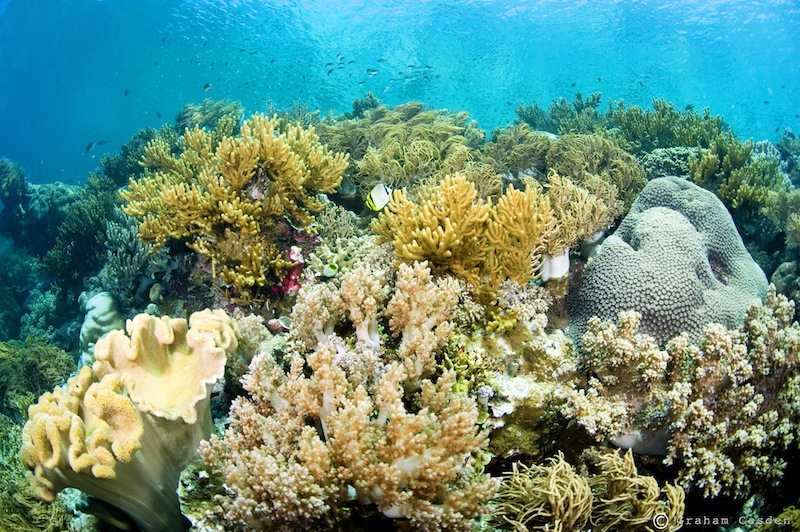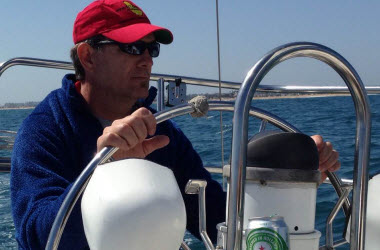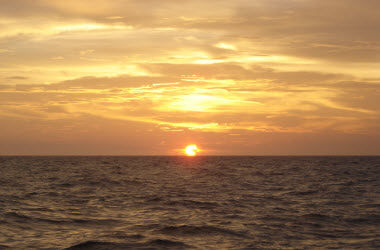January 19, 2016
Have you hugged an invertebrate today?
 Yes, an invertebrate. Sea turtles, sharks, and brightly colored fish are often the main attraction at any coral reef. But when you stop and think about it, without the coral – an invertebrate – there wouldn't be anything there to look at. No brightly colored sea fans swaying in the current, filtering out microscopic bits of matter.
Yes, an invertebrate. Sea turtles, sharks, and brightly colored fish are often the main attraction at any coral reef. But when you stop and think about it, without the coral – an invertebrate – there wouldn't be anything there to look at. No brightly colored sea fans swaying in the current, filtering out microscopic bits of matter.
Invertebrates may be diminutive in size, but their contribution to the health and beauty of our planet is immense and should never be overlooked. Invertebrates are part of just about every food web on land or in the sea. The largest biomass in the ocean is krill – tiny little shrimp that are gobbled up by the millions by the world's behemoths: baleen whales, whale sharks, and manta rays. Some invertebrate species are even responsible for producing the air we breathe! Invertebrates keep this planet spic and span, feeding on the dead and decaying organic matter that might otherwise pollute the very water we drink. The ocean is home to every class of invertebrate, even some we have yet to discover.
So, the next time you’re at the beach, or anywhere really, look around, check under rocks and other things and say "thanks" to the little invertebrate hiding out. Chances are it has a big role to play in the health of the habitat you’re enjoying.


